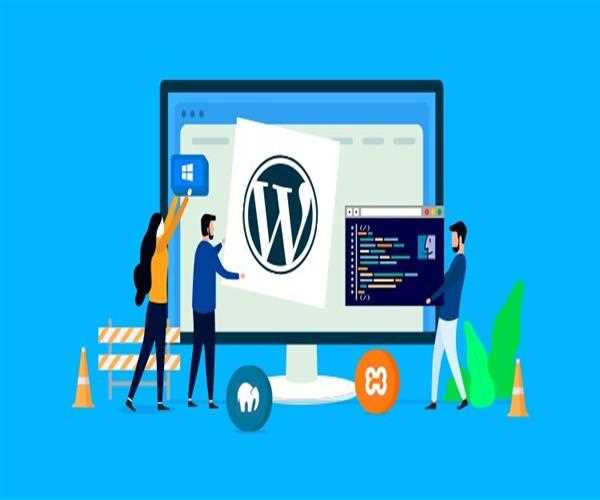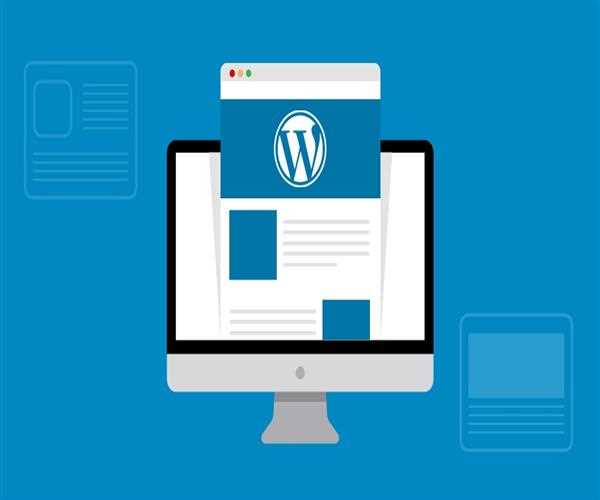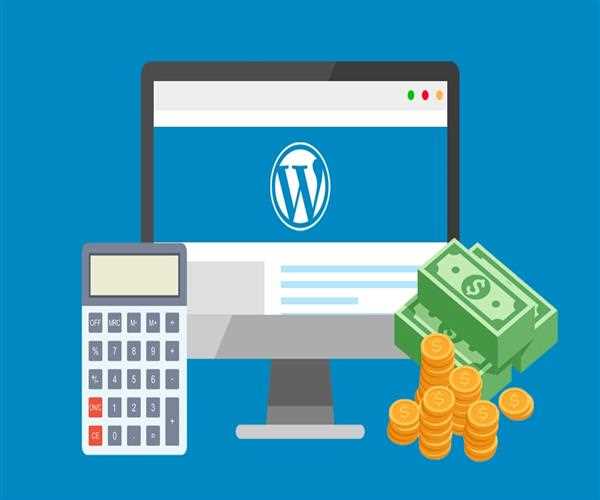
19-Nov-2024 , Updated on 11/19/2024 11:06:41 PM
Why You Should Not Choose WordPress For Making A Website?
WordPress is a common platform to build a website based on it; in the present days, it occupies more than 40% of the World Wide Web. Nonetheless, WordPress has remarkable functionality and is used in many projects; it is not suitable for all projects. Some disadvantages and drawbacks make it less applicable for specific users or businesses. In the following, the issues that make WordPress unsuitable are explained, and some other options are also recommended.
1. Security Concerns
By its nature, WordPress is an open-source solution, and it is qualitatively ripe for hackers attacks. WordPress is a very popular platform for hosting websites, and its many third-party plugins and themes are usually not updated frequently or have improper security precautions implemented. Recently, it was found that threats and risks exist that can cause such outcomes as leakage of significant information, loss of important data, or website unavailability.

2. High maintenance requirements
WordPress itself is very dynamic, so the task of a WordPress manager includes updates of the platform’s core as well as plugins and themes. He adds that if the updates are not installed, this can either cause compatibility problems or end up developing security risks. In essence, these maintenance tasks can become onerous and expensive for non-technical users if technical skills are needed.
3. Limited Scalability
WordPress is considered to be not so capable of handling big projects or traffic loading on every website. Fine tuning is often achieved by using more plugins, cache engines, or expensive hosting packages, which may not be adequately suited for complex applications. To this end, the following is also seen to be lacking scalability, which may be a challenge for enterprises or websites likely to record rapid growth.
4. Customization Challenges
But while WordPress supports thousands of plugins and themes, the task of tuning the website for specific needs might be a real challenge. Everything beyond simple customization sometimes is only possible with the help of specifically coding languages like PHP, CSS, or JavaScript and costs money to have implemented for a user or a small business.
5. Dependence on Plugins
WordPress fundamentally relies on plugins, developed by third parties, to enhance its functionality. However, plugins are capable of having compatibility issues, providing out-dated features, or can eventually pose threats to security. For instance, one tends to use several plugins for purposes such as SEO optimization or enhancing the speed of a website and, therefore, manage increased difficulty and vulnerability.
6. Performance Problems
WordPress sites are unoptimized and slow. Probably the biggest reason behind this slowness is reliance on too many plugins and themes while also having suboptimal hosting. When website pages take too long to load, bounce rates increase, which impacts user experience and SEO performance.
7. Not Suitable for Complex Applications
WordPress is pretty great as a CMS for blogs and small sites, but it does not help with the kind of complexity most e-commerce or enterprise-level solutions require. The job of such platforms or a custom-built solution is accomplished with Shopify in that regard.

Alternatives to WordPress
- Wix or Squarespace: Good for the first-time user looking for a drag-and-drop builder that offers little customization.
- Shopify: Pretty ideal for shopping sites, with tons of features to sell and control stock.
- Joomla or Drupal: more robust CMS platforms for the developer who needs even greater flexibility and extendibility.
- Custom Development: Organizations that need highly customized features or functionality.
Conclusion
Where WordPress is robust and versatile, there may well be limitations to make it unsuitable for certain users or projects. Concerns around security, high maintenance demands, or the reliance on plugins are a few examples of why changing your alternative might be the best option for your website. Consider your project's needs and examine other platforms before settling on the best one.
This all-inclusive guide focuses on the necessity to consider WordPress for developing websites and relates to other articles at MindStick that provide more detail.

Student
Being a professional college student, I am Shivani Singh, student of JUET to improve my competencies . A strong interest of me is content writing , for which I participate in classes as well as other activities outside the classroom. I have been able to engage in several tasks, essays, assignments and cases that have helped me in honing my analytical and reasoning skills. From clubs, organizations or teams, I have improved my ability to work in teams, exhibit leadership.
Join Our Newsletter
Subscribe to our newsletter to receive emails about new views posts, releases and updates.
Copyright 2010 - 2026 MindStick Software Pvt. Ltd. All Rights Reserved Privacy Policy | Terms & Conditions | Cookie Policy